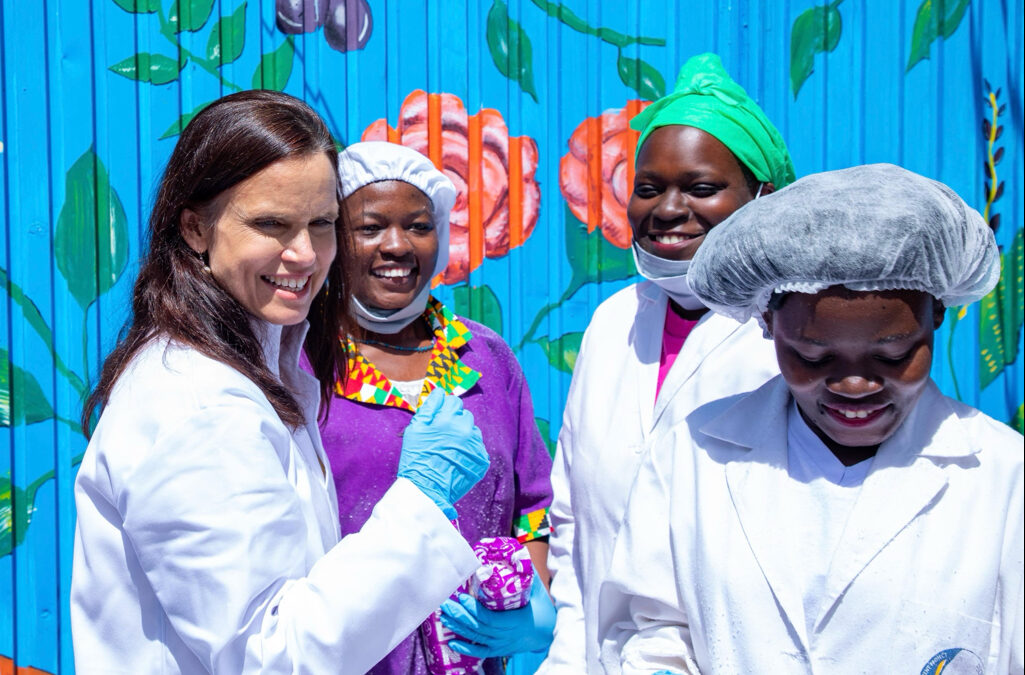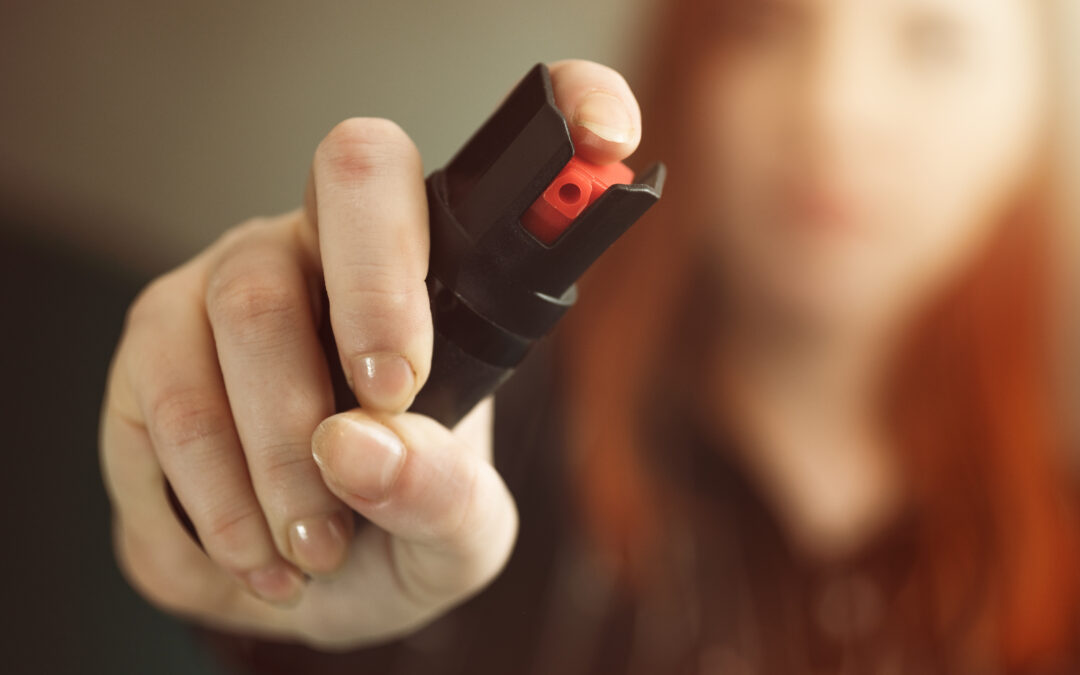Australia has many inspiring women working in science, technology, engineering and mathematics. Yet they still comprise only a third of the nation’s STEM research workforce.
Across the decades, women have worked tirelessly to conquer social and professional obstacles for more equal representation and recognition in these fields.
The challenges are well-documented. They include promotion obstacles and gender bias in recruitment, limited media visibility, and leaky career pipelines at all levels of seniority.
Now COVID-19 appears to be inflicting another heavy toll – and could even reverse some of the hard-won gains of recent years towards greater equality.
A new report out today documents early evidence on how the pandemic has put those gains at risk.
The early signs suggest its wrecking ball effect on jobs and paid work hours has been even harsher for women than for men working in STEM.
At the same time, women have stepped up to shoulder greater caring responsibilities for children learning at home and led moves to online teaching at universities.
There are some early signs [are that COVID has] potentially come at the expense of women’s academic publishing records and research project initiation.
There are some early signs that this has potentially come at the expense of their academic publishing records and research project initiation.
The impact of this uneven burden could be felt for years to come – with potential long-term consequences for Australia’s social and economic future.
We gathered this early evidence for a report commissioned by Industry and Science Minister Karen Andrews and prepared by the Rapid Response Information Forum chaired by the Chief Scientist, Professor Alan Finkel.
An engineer by training, Minister Andrews is a longstanding supporter of women in STEM.
The government has advanced this work through the Women in STEM Decadal Plan and the Australian Government’s Women in STEM Ambassador Professor Lisa Harvey-Smith.
 Even before the COVID-19 pandemic, women were underrepresented.
Even before the COVID-19 pandemic, women were underrepresented.
In 2016, women comprised 29% of the labour force that had a university STEM qualification and 8% of the labour force that had a vocational STEM qualification.
Pre-COVID, women were also under-represented in career-accelerating federal research grants.
In 2019, fewer than one in four applications for Australian Research Council STEM project grants were led by women (24%), while women represented 26% of lead investigators.
With the onset of the pandemic, job insecurity is emerging as an even more troubling issue for women than men in STEM.
This is because women are weighted in roles that are typically less senior and less secure. In maths, for example, 64% of all women in academic positions are in casual jobs.
Women are weighted in roles that are typically less senior and less secure. In maths, for example, 64% of all women in academic positions are in casual jobs.
Overall COVID-related job losses across Australia have been profound – with almost 600,000 Australians losing their job in the month of April alone.
And Australia’s scientific and technical services industry recorded job losses of 5.6% from mid-March to mid-April 2020, with job numbers down 6.3% for women compared with 4.8% for men.
Research sector STEM jobs are at ongoing risk because of income losses to universities.
With casual and short-term contract jobs likely to be the first to go, women are at particular risk – with women 1.5 times more likely to be in insecure jobs in the overall university workforce.
Early evidence also suggests women face disproportionate increases in caring responsibilities and disruptions to working hours, job security and paid work capacity. This is most acute for those with children under 12. The combination of juggling working from home while supervising distance learning for children has made women’s double burden even greater again.

Professor Emma Johnston
The effects of this pandemic on women in the STEM workforce will have a ripple effect.
The whole of society benefits from diversity of thought in research, and it is well documented that gender and broader diversity enhances innovation, bringing greater economic benefit.
STEM skills are the very foundation on which our nation’s workforce and industries will flourish, and they are vital to reboot Australia’s economy following the pandemic.
STEM skills are the very foundation on which our nation’s workforce and industries will flourish, and they are vital to reboot Australia’s economy following the pandemic.
Much work has been done in recent years to redress the gender imbalance in STEM.
But now the Science in Australia Gender Equity (SAGE) program reports there is a danger this work may slow down or, according to some institutions, begin to reverse.
This report confirms an urgent need for STEM employers to closely monitor and mitigate the gender impact of the pandemic on jobs and careers – or risk losing the hard-won gains over many years.
So we have a plea. We urge every STEM employer in the country to keep a very close eye on how your decisions in the months ahead will affect the equity gains you’ve worked so hard to make.
So many people have invested time and money and effort on those crucial gains. Let’s all work together to hold them.
A copy of the report can be found here.




